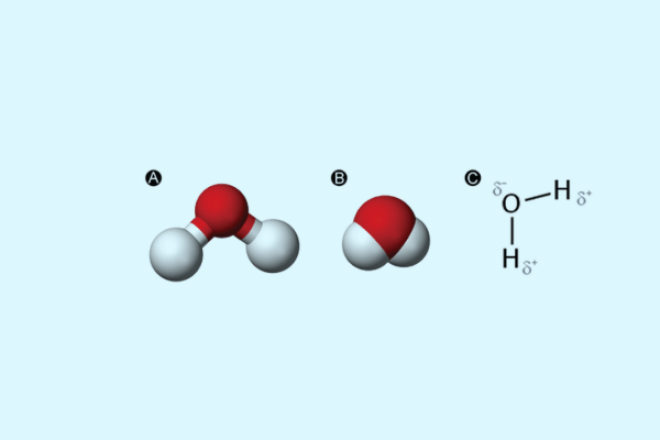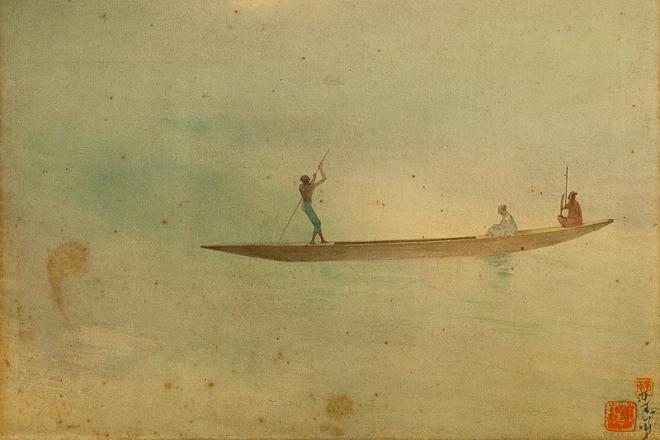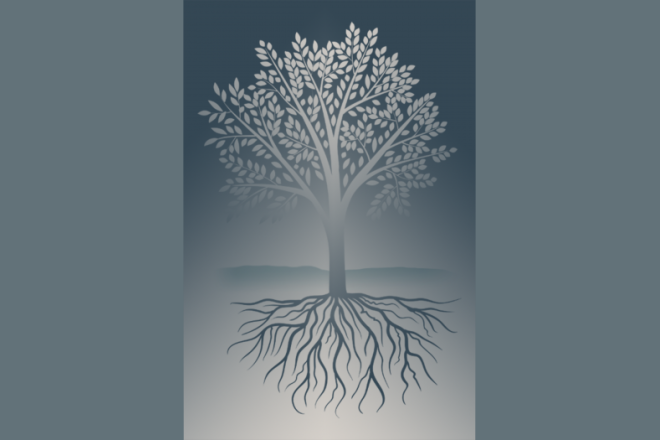Aqueous Borders: Colonizing Water in the 21st Century

Image adapted from LibreTexts Chemistry, licensed under a CK-12 Curriculum Materials License
Resource Description
This three-part module provides lesson plans related to water pollution and water governance. Part I of this module examines water, pollution, and toxicity. Focusing on plastic pollution as a form of colonialism, this module argues for asserting that environmental responsibility needs to rest at the systemic level. Next, using the novel Agua by the Peruvian writer Jose Maria Arguedas, Part II examines the conflicting relationship between peasant-indigenous communities in the Andes and their fight for water sovereignty. Lastly, Part III reveals how water justice struggles are political projects against human rights. Using the complex situation at the U.S.- Mexico border, this module exposes the case of water rights for immigrants crossing the border.
Learn moreGold

Credit: Heather C. McCune Bruhn, 2017, licensed under CC BY-NC-SA 4.0
Resource Description
In this two-part module, developed by Heather McCune Bruhn and Sarah J. Townsend, we will explore gold. First we’ll look at gold as a substance and examine how it is obtained from the earth (along with some of the dangers and consequences involved). Next we'll examine what makes gold so important: its allure and symbolism in Prehistory, as well as in the Ancient and Medieval world. Then we'll look at the importance of Africa as a source of gold throughout the centuries before exploring some ways of working gold. Part II of this module examines the extraction of gold in the Amazonian region of South America, focusing on its impact on the environment, indigenous people, and the miners themselves.
Learn moreSouth Asian Modernity and Global Modernism

Credit: Village Music, 1926-27 by Abanindranath Tagore is Public Domain
Resource Description
South Asian Modernity and Global Modernism is designed to serve as a learning module to address how South Asians may have understood the concept of modernity during and after the British raj. This is indeed a very broad topic, and the module readings address it in a selective manner, starting with a brief history of the word “modern” in European discourse of the eighteenth century and then addressing writings of selected South Asian thinkers as they adapted many of the characteristics of modernity in their own writings.
The contents of this module can be taught in a week of class time.
Learn moreThe Holocaust: Remembrance, Respect, and Resilience

Image adapted from "Tree Vector Black White" via Jing.fm, licensed under Creative Commons CC0.
Resource Description
The Holocaust is difficult to describe, hard to understand, and even more difficult to explain. It was a destructive series of events with many roots and branches, a catastrophic period of history with global and enduring consequences. Thus, the mass murder of European Jewish people is also or alternatively described by many in Hebrew as the Shoah or ‘Destruction’ by many organizations including Yad Vashem.
Learn more